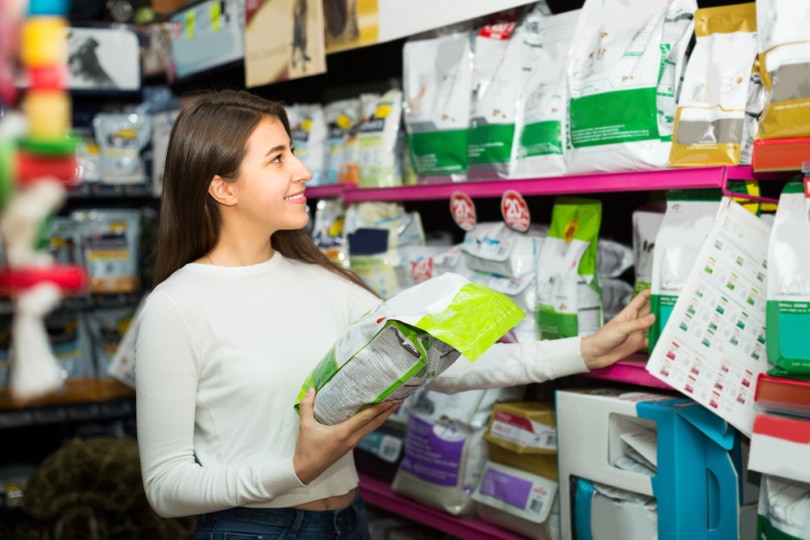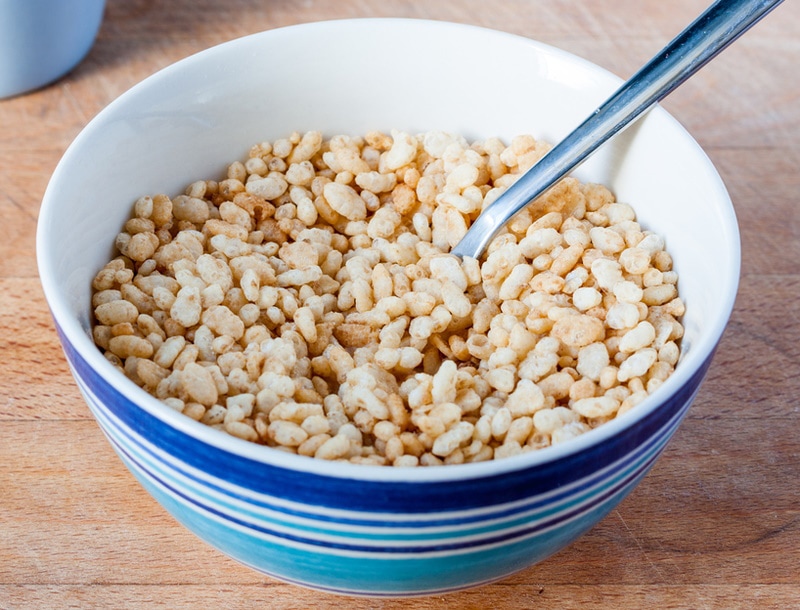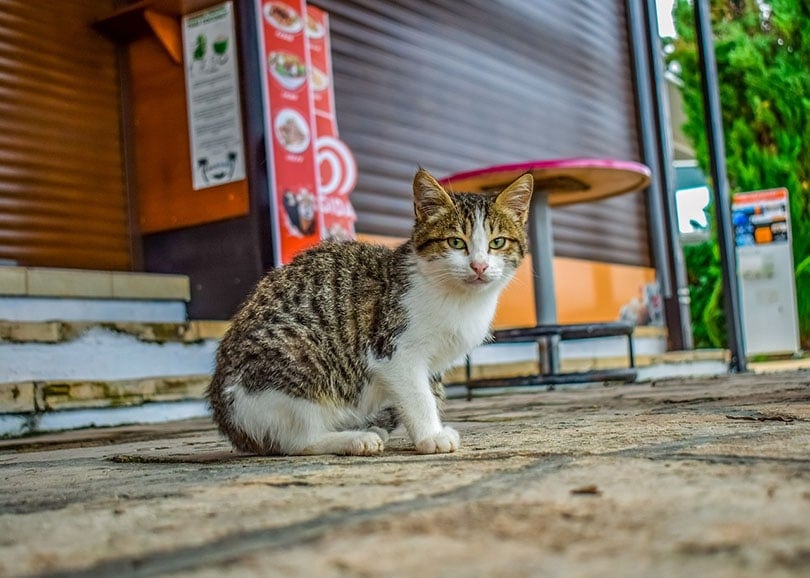Why Is My Cat So Small? 7 Possible Reasons
By Beth Crane
Updated on
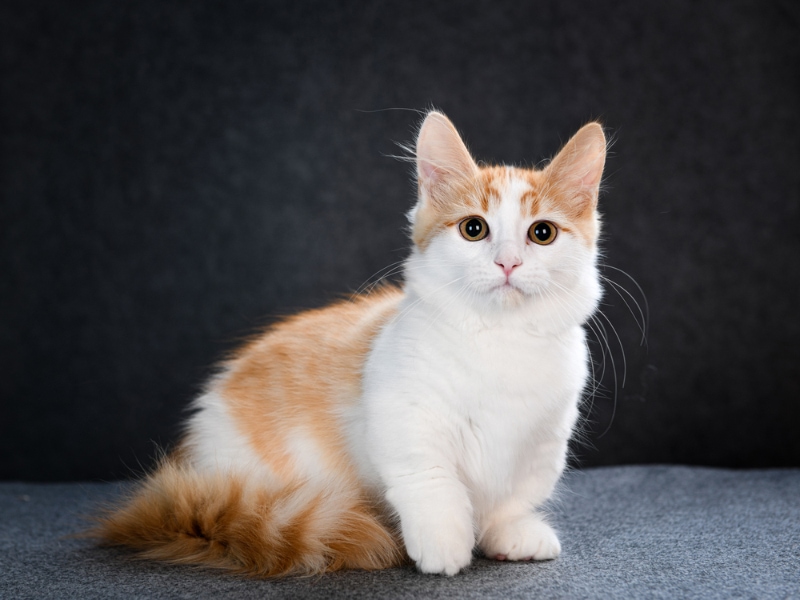
If you’ve noticed your little cat isn’t as big as you thought, or someone has mentioned their petite size, you might wonder whether they’re the right size. If your cat is small, you’re likely as enamored with them as you would be if they were bigger.
However, knowing what’s behind their small stature can be useful if you think there’s a problem. There are some completely innocuous reasons for your cat being small, but others are more sinister. In this article, we’ll examine the seven reasons why your cat might be small, what is normal, and when a visit to the vet might be recommended.
The 7 Reasons Your Cat May Be So Small
1. Breed
Some cats are simply small by design. Like dog breeds, some cat breeds are bred for specific traits such as shape and size. Some breeds are well known for being larger such as Maine Coons and Savannah Cats, while others are known for being petite.
Breeds such as the Singapura or the Munchkin cat are renowned for their small stature and cross-breeds of these cats can be smaller than the average house cat.
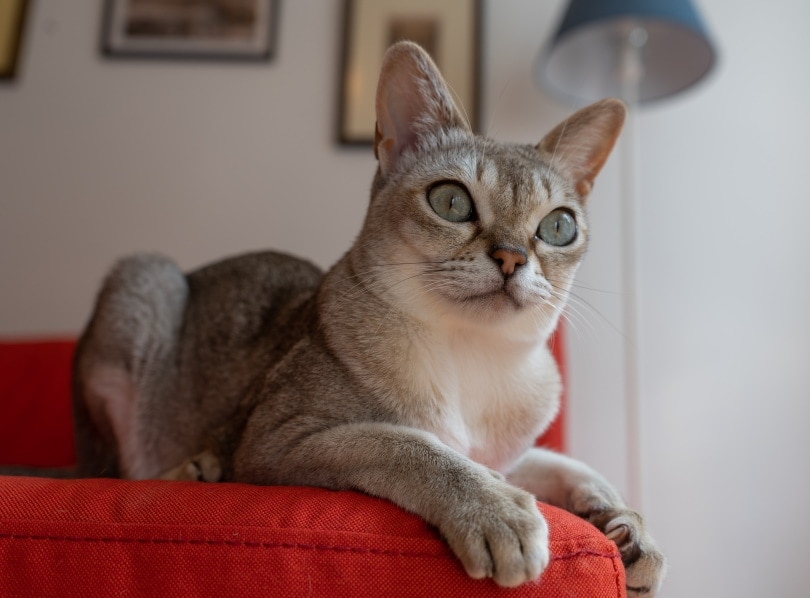
2. Poor Nutrition or Diet
Poor nutrition or diet can profoundly affect a cat’s size, particularly if they were fed a poor diet in kittenhood. It’s uncommon for a cat to have stunted growth through poor nutrition alone now since commercial kitten foods must be nutritionally balanced according to AAFCO (Association of American Feed Control Officials) standards.
However, if a kitten is underfed or fed a diet unsuitable for them, they can suffer from growth problems and stunted growth. For example, protein is important for kittens to build functional and healthy muscles. Their calcium and calorie intake are also important, both for the formation of strong bones and the energy to grow.
3. Dwarfism
Some very small cats may have a genetic condition known as dwarfism. Dwarfism, or osteochondrodysplasia, is a condition that causes the abnormal growth and deformation of bones. Some breeds are prone to this condition, and some are selectively bred for it (like the Munchkin).
Another form of osteochondrodysplasia, achondroplasia, is caused by a mutation in the genes that control bone length. This causes the animal’s bones to stop growing before they reach the size expected in the specific breed, leading to a small stature and short limbs.
There are other signs of dwarfism in cats that you can look out for, but if you’re concerned your cat may have dwarfism, take them to the vet. The following are all signs of dwarfism in cats:
- Bowing of the legs
- Shorter bones
- Shortened jaw and teeth misalignment
- Slow growth
- Lack of growth
- Large head
- Enlarged joints
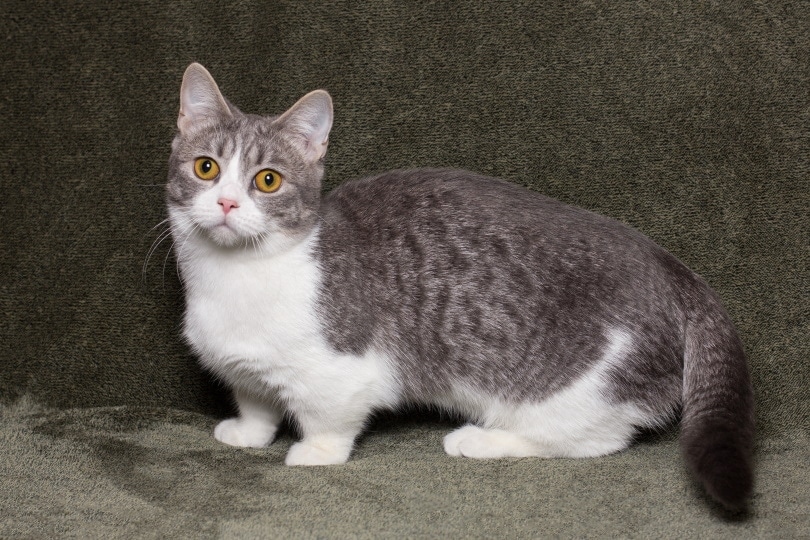
4. Underdeveloped (The Runt of the Litter)
The “runt of the litter” is a term used mostly on farms and refers to the smallest baby animal of the litter. In cats, this is the kitten with the smallest birth weight. “Runt” can also refer to a kitten with poor health or one that fails to thrive.
In any case, runts can stay small throughout their lives but still be very healthy. Conversely, the runt can also become the largest cat of all! A low birth weight is linked to an increased risk of problems in kittens, and some health issues could cause a cat to grow smaller than they would have otherwise.
Runt kittens and those with low birthweights are at increased risk of the following problems:
- Respiratory problems
- Respiratory failure
- Hypoglycemia
- Hypothermia
- Dehydration
- Premature death
5. They’re Female
In most animals, there’s often dimorphism between the sexes. This means there are physical characteristics that are different between males and females of the species. Typically, male cats are larger and heavier than females.
That is not always the case, but if you have two cats of the same breed but different genders and wonder why your girl is smaller than your boy, it could be why. Males are also bigger if they’re not neutered since the extra testosterone in their system makes them bulky. Males reach maturity later but are dwarfed by females early on in development before overtaking them later on.
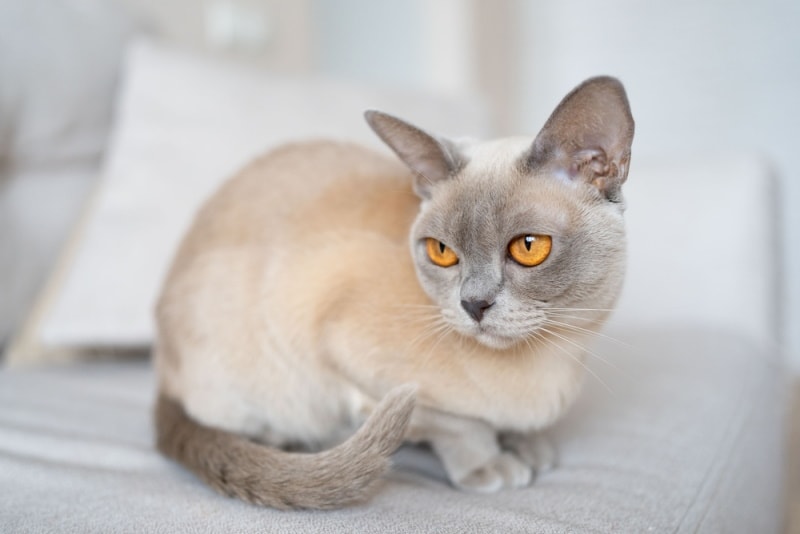
6. They Have Parasites
Parasites are another reason why cats can be small. A heavy infestation of internal and external parasites can cause malnutrition, anemia, and other health problems that stunt growth and can cause weight loss.
For example, fleas can cause flea anemia, which can be fatal in kittens and can lead to loss of nutrients important for growth. A large amount of gastrointestinal worms can also stunt the growth of kittens since they take essential nutrients from the food the kitten eats. Fleas often spread worms, so kittens are more susceptible to both.
7. They’re Still Growing
If your cat is young, they may appear smaller than other cats because of their age. Many kittens typically stop growing at around 12 months old but won’t be fully mature until 18 months. Different breeds of cats will stop growing at different times, and large breeds like the Maine Coon take longer to reach full size.
Kittens do the bulk of their rapid growth within 6 to 8 months and grow much slower once they reach the 12-month mark. Maine Coon cats can take up to 2 years to reach maturity, so it depends on the breed!
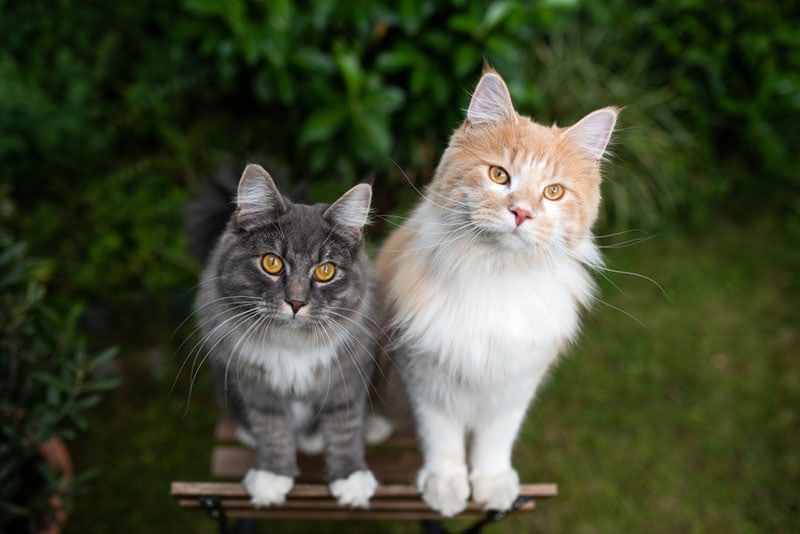
Do Some Cats Just Stay Small?
Some breeds are simply smaller by nature. Felines like Singapuras and Siamese are bred to be small and stay petite throughout their lives. If your cat is a crossbreed of two little cats or shares genes with them, they may also stay small.
It’s a mix of many factors that can determine the adult size of a cat, but genetics are usually to blame if your cat is otherwise healthy.
Should I Be Worried If My Cat Is Small?
If your cat is healthy and happy but is small (and has always been small), there’s likely nothing you’ll need to worry about. However, if you are concerned about your cat’s growth in any way (or they seem to be losing weight), you should take them to see your vet.
Some health conditions (particularly seen in kittens or young cats) can cause slowed growth or stunted weight gain, including:
- Feline leukemia
- Portosystemic shunt
- Pulmonic stenosis
These health conditions cause signs other than stunted growth, so ensure you take your cat to the vet as soon as you notice any issues.
Conclusion
Some cats are naturally small, and others have health problems causing growth problems. Looking at your cat’s parents or breed can be a good indicator of how big they should be or the average size for their type. Cats can end up smaller than their littermates or cats of the same breed due to medical issues such as malnutrition, congenital defects, or parasites.
As long as your cat is happy and healthy, being smaller than average is nothing to worry about. However, if you’re worried about your cat’s health, you should take them to their vet.
Featured Image Credit: MDavidova, Shutterstock

